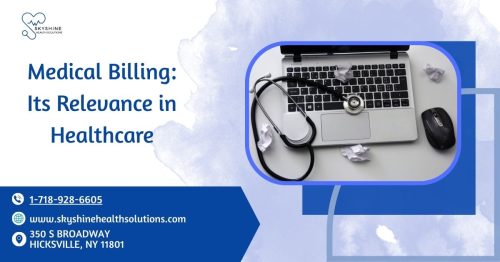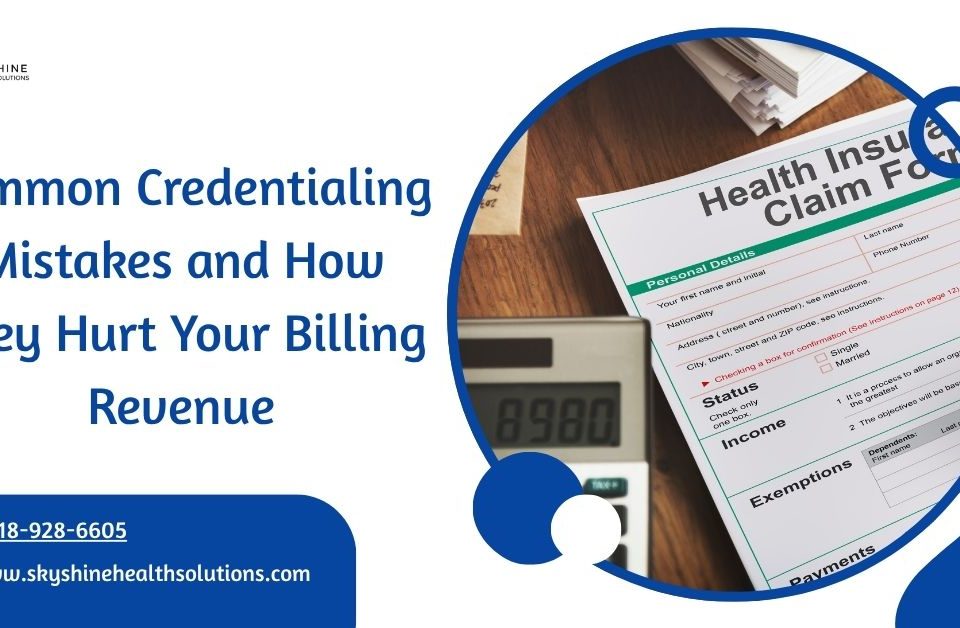
Insurance Claims: Top Reasons They Get Denied – How to Prevent Them
June 2, 2025
HIPAA Compliance in Medical Billing
June 3, 2025Medical billing challenges healthcare providers and patients alike when they navigate Medicare and Medicaid rules. As of June 2025, for instance, these government programs enforce strict 2025 medical billing rules to ensure proper reimbursement while maintaining compliance. In this blog, we’ll break down key 2025 medical billing rules for Medicare and Medicaid, highlight common pitfalls, and, in addition, share practical tips to streamline the process.
Understanding Medicare and Medicaid Billing Basics
Medicare and Medicaid, federal programs, differ in their 2025 medical billing rules. For example:
-
-
- Medicare: Serves individuals aged 65+ or those with certain disabilities. As a result, it includes Parts A, B, C, and D, each with specific billing requirements updated for 2025.
- Medicaid: Operates as a state-federal partnership for low-income individuals. Consequently, its rules vary by state and are updated for 2025.
-
In fact, both programs demand accurate 2025 medical billing, timely submissions, and adherence to regulations to prevent claim denials.

Key Medicare Medical Billing Rules for 2025
Medicare Medical billing presents complexity; however, understanding these 2025 rules helps:
1. Use Correct Codes
Medicare requires updated ICD-10 and CPT codes for 2025. For this reason, incorrect coding causes denials.
2. Timely Filing
Providers must submit claims within 12 months from the date of service. Otherwise, late submissions often face rejection.
3. Medical Necessity
Providers must deem services medically necessary, supported by proper documentation, to qualify for 2025 reimbursement. Thus, thorough records are essential.
Key Medicaid Medical Billing Rules for 2025
Medicaid rules vary by state, but these 2025 medical billing standards apply universally. Here’s what to know:
1. Verify Eligibility
Staff must confirm patient eligibility at each visit, as Medicaid coverage changes frequently in 2025. For example, a patient’s status might shift monthly.
2. Prior Authorization
Providers must obtain prior authorization for certain services. If they fail to do so, non-payment results.
3. State-Specific Guidelines
Each state establishes unique 2025 billing requirements, such as specific forms or modifiers, that providers must follow. Therefore, staying informed about local rules is crucial.
Common Medical Billing Mistakes to Avoid in 2025
Errors in Medicare and Medicaid billing can lead to delays or denials. In addition, these mistakes can be costly. Watch out for:
-
-
- Incorrect Patient Information: Mismatched names or ID numbers cause rejections. For instance, a typo in a patient’s ID can halt the process.
- Upcoding or Undercoding: Billing for a higher or lower service level than provided triggers audits. As a result, this can lead to penalties.
- Missing Documentation: Lack of supporting records for medical necessity often results in claim denials. Consequently, detailed documentation is vital.
-
Tips for Navigating 2025 Medical Billing Rules
Follow these strategies to ensure compliance and, moreover, improve reimbursement in 2025:
1. Stay Updated on Regulations
Teams should regularly check CMS updates, as billing rules for Medicare and Medicaid change frequently. Thus, staying proactive prevents errors.
2. Train Your Staff
Managers should ensure their billing team masters 2025 medical billing, documentation, and program-specific requirements. In fact, well-trained staff reduce mistakes.
3. Use Billing Software
Providers should invest in software that flags errors and ensures claims meet 2025 Medicare and Medicaid standards. For example, automated tools can catch coding issues early.
4. Audit Claims Regularly
Staff should conduct internal audits to catch billing mistakes before submission, thereby reducing denial risks.
Final Thoughts
Navigating Medicare and Medicaid 2025 medical billing rules requires diligence and knowledge; however, the right approach makes it manageable. By understanding the rules, avoiding common errors, and, furthermore, implementing best practices, providers can ensure smoother billing processes and better reimbursement outcomes in 2025.

Learn more about Medical Billing: Its Relevance in Healthcare
Have questions? Check our Medical Billing FAQs















